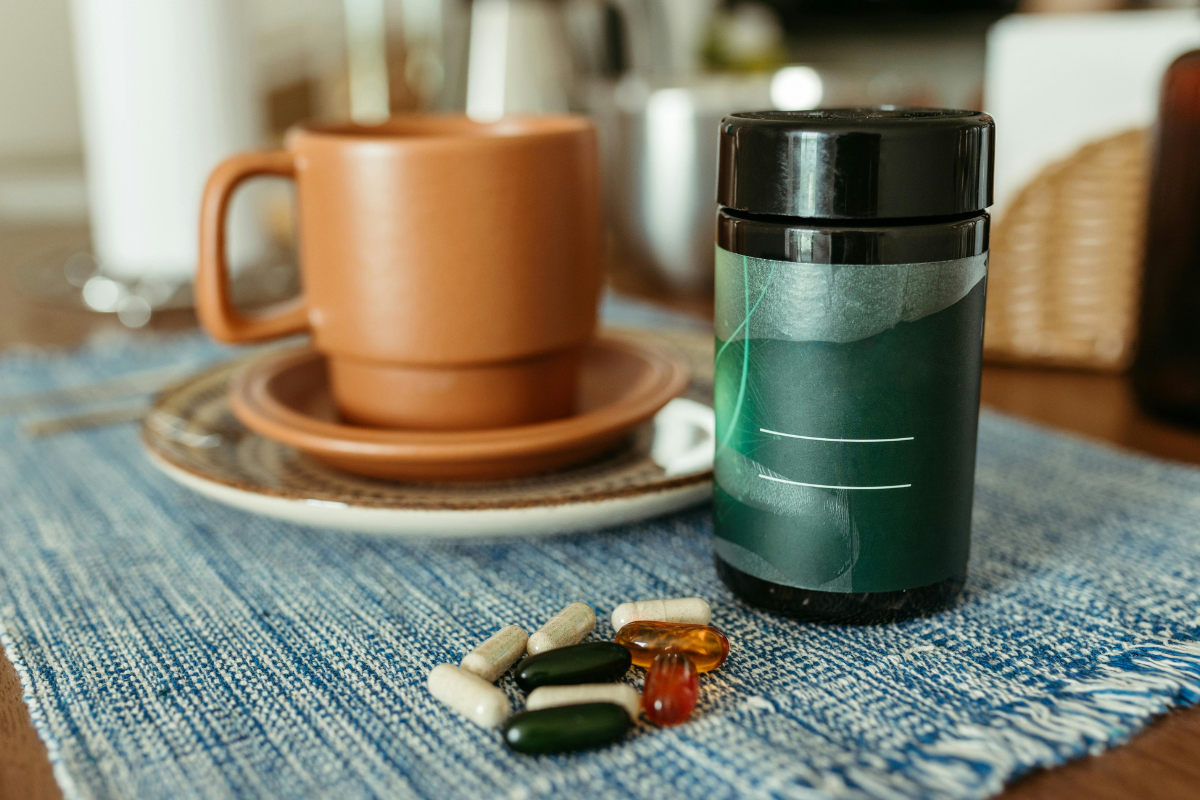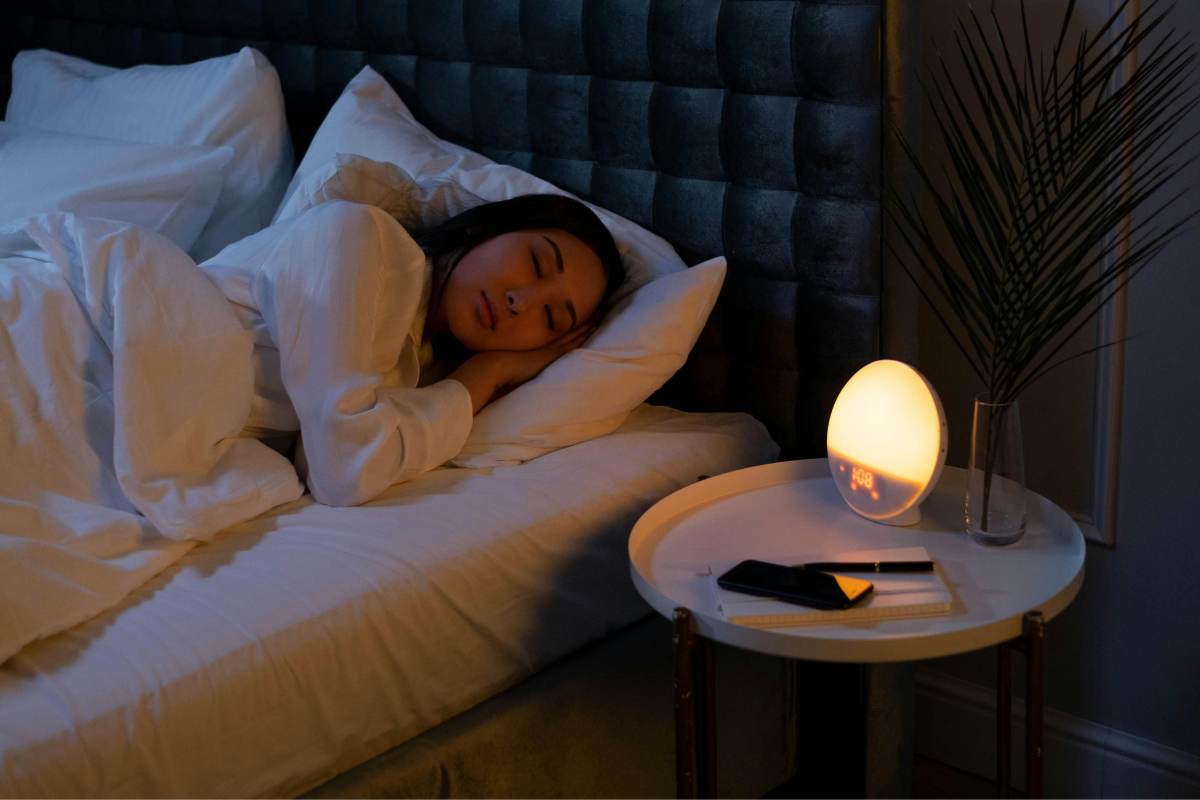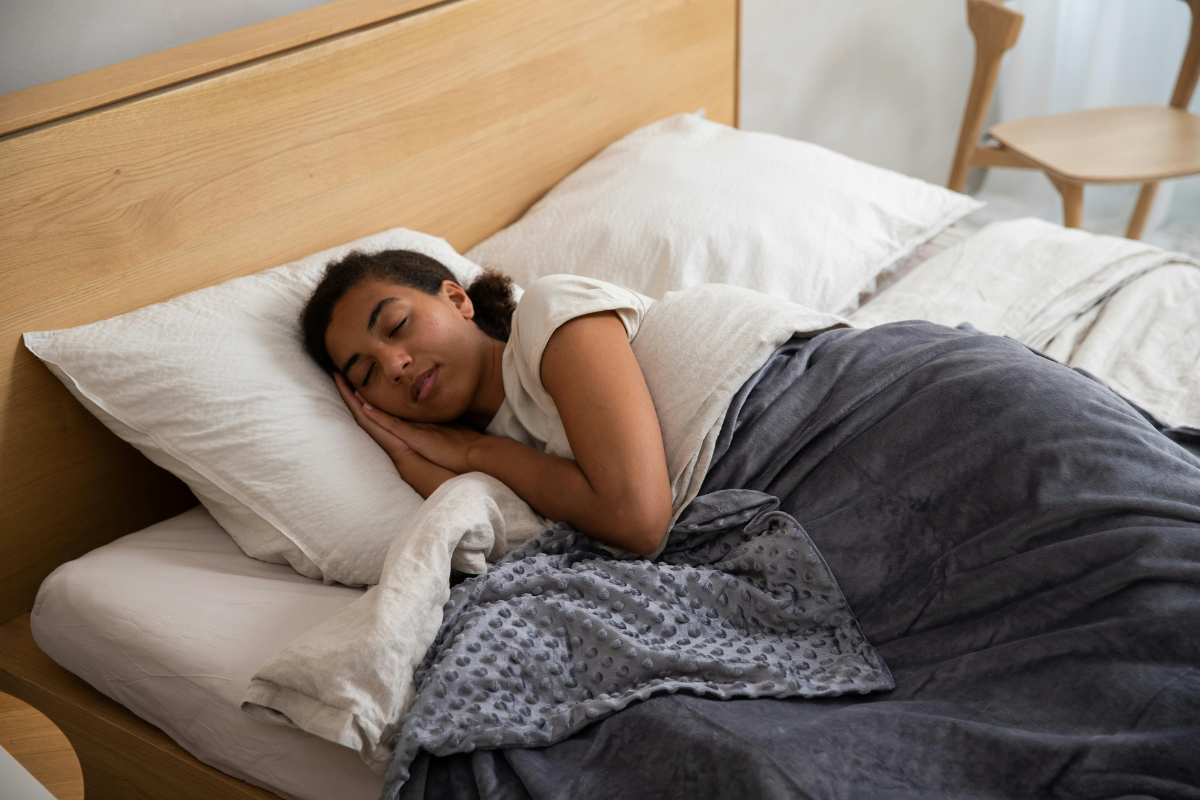
Natural Sleep Aids: A Guide to Herbal Teas, Supplements, and Aromatherapy.

Natural Sleep Aids: A Guide to Herbal Teas, Supplements, and Aromatherapy.
For those who continue to have trouble sleeping, pharmaceutical remedies can be seductive but damaging choices, and people often seek a remedy that is natural and non-habit-forming. Ritualizing natural supports—whether a soothing cup of tea, a supplement known for relaxation support, or even a scent you find calming—can be an incredible psychological anchor in your evening routine, signaling to the body that it is time to wind down.
Here’s a look at some of the most popular and effective natural sleep aids.
- Herbal Teas: The Soothing Ritual of Warm, Comforting. That said, not every night tea can or should be at all somber.
- A nice hot chocolate (not a sugar-laden one, sorry) has always been part of the winding-down process, and specific herbs have very relaxing compounds in them. It's best to drink your tea 30 to 60 minutes before bedtime and not make too many trips to the bathroom in the middle of the night.
- Chamomile: The most popular sleep tea, chamomile contains an antioxidant called apigenin. It is believed to bind to certain receptors in the brain that trigger sleepiness and minimize anxiety.
- Valerian Root – Considered to be “nature’s tranquilizer,” valerian root has been used since ancient times as a remedy for sleep disorders. It’s thought to work by boosting the amount of the neurotransmitter GABA (gamma-aminobutyric acid), which has a calming effect on the nervous system. Note that it does have a discernible earthy odor and flavor, which not everyone loves.
- Lavender: This calm-inducing scented herb is also available to drink in tea. Its compounds can also calm anxiety and encourage relaxation, which is conducive to sleep.
- Lemon Balm and Passionflower. These are frequently mixed in with other sleep aids. Lemon balm is a member of the mint family and is reputed to ease anxiety, while passionflower contains flavonoids that can reduce restlessness and sleep problems.
Supplements (Targeted Sleep Chemistry Support)
Supplements concentrate compounds that naturally exist in the body (and in many foods) to regulate biochemistry underlying sleep. Be sure to speak with a healthcare professional before beginning any new supplement.
- Melatonin is a hormone your body creates when it starts to get dark outside, telling you that it’s time for sleep. Melatonin supplements are widely taken to influence what’s known as the body’s internal clock (or circadian rhythms), particularly for things like jet lag and shift work, or to help reduce the amount of time it takes you to fall asleep (sleep latency). With melatonin, sometimes less is more.
- Magnesium: A necessary mineral that serves in over 300 bodily functions, magnesium is well-loved as a sleep aid because it calms the nervous system and relaxes muscles. It is believed to affect neurotransmitters involved in sleep, including GABA.
- L-Theanine: An amino acid in green tea, L-Theanine supports relaxation without sedation. It is believed that increasing alpha brain waves can bring an awake but relaxed state of mind and can help improve sleep quality for anyone who feels stressed or experiences anxiety before bedtime.
- Glycine: Another amino acid found in high-protein foods, glycine is believed to promote sleep by slightly and briefly decreasing core body temperature, one physiological hallmark of sleep.
Aromatherapy: The Power of Scent
Aromatherapy is based on the idea that, if you believe in alternative medicine, essential oils can stimulate the brain’s limbic system, which controls emotion, memories, and hormone production. Assuaging itchy trigger fingers or taking your mind on a journey, diffusing a calming scent, or even dropping some on the pillowcase can be a powerful but simple weapon in your bedtime ritual.
Lavender: The most studied essential oil for sleep, it's repeatedly found to help calm the nervous system, reduce heart rate, and improve overall slumber.
Chamomile (Roman): Although Roman chamomile is most frequently enjoyed as a brewed tea, its essential oil is commonly used to reduce anxiety and encourage relaxation when inhaled.
Cedarwood and Vetiver: Both oils are heady, earthy, and woody. They have compounds that can be sedative and are an excellent pick for those to whom flowery scents are too energizing. They’re also considered grounding and centering, which can calm you down from a noisy mind.
By implementing one or more of these natural aides into your nightly routine, you are strengthening an endogenous signal for sleep and utilizing the ancient and gentle power of nature to help produce a deeper and sustained sleeping state.





















































